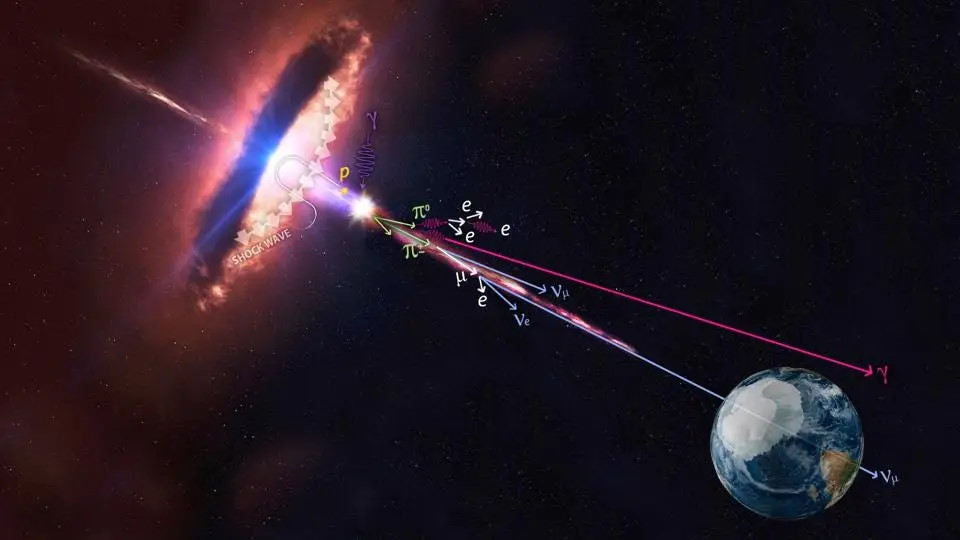Politics must confront moral and religious questions.
Question: What are the recurring themes of your work?
Michael Sandel: Part of what’s drawn me to this set of questions is that in a way, I suppose, it’s leaning against the current of so much of contemporary politics as well as contemporary political philosophy. Because we live … we live, after all, in not only a global age, but also in a perilous age. And it’s sometimes thought to be the first principle of contemporary perilous politics, that we’re never going to agree on the deepest questions, or on the moral and religious convictions that citizens around the world hold very deeply but disagree on. We’re never going to come to agreement on those. And if we look back across human history, more often than not we come to blows over those questions. In many ways, modern liberalism was forged in the face of wars of religion in Europe. And so ever since wars of religion and the enlightenment, the first impulse of decent politics, of liberal politics, of modern politics, has been to try to separate political argument and law from moral and religious disputes. And so respect for persons, and pluralism, and toleration have been elevated … have become, in a way, the supreme of political values. And it’s perfectly understandable and …; and yet, what intrigues me is that a politics that tries to keep moral, and religious, and spiritual questions at a distance may not be able to sustain itself. Because people want to participate in a public life where important things are at stake; that go beyond their own self-interests and their own individual ends. People want to be part of something larger than themselves. They want a public life of larger means that addresses the common good, the public good. And so if we succeed too completely in creating a public life that’s denuded of moral and spiritual resonance, and meaning, and argument, the result will not be, I don’t think, a safe, risk-free, tolerant, secular pluralism. The more likely result will be that that empty public sphere, or public space, will be filled. It will be a void waiting to be filled by narrow and tolerant moral lessons. And that’s why I think we see fundamentalism as such a potent political force in our time. Fundamentalism, in many ways, is a rebellion against the strictures that modern enlightenment liberalism has tried to create. And so I think if we’re to create a public life that is capable … that has the kind of sturdiness, and strength, and moral bearings to combat the tendency to fundamentalism, it will have to be a public life that admits and even welcomes strong moral, religious, and spiritual voices, argument, disagreement … not with the thought that we will all agree, but rather with the thought that the best way to respect a view with which one disagrees is not to ignore it, but to engage in it, argue with it, maybe even to learn from it. And so I think that that really is the political challenge of our time. And it does lean against an instinct that comes from the enlightenment to try to keep those questions at a certain distance apart.
Recorded on: 6/12/07





